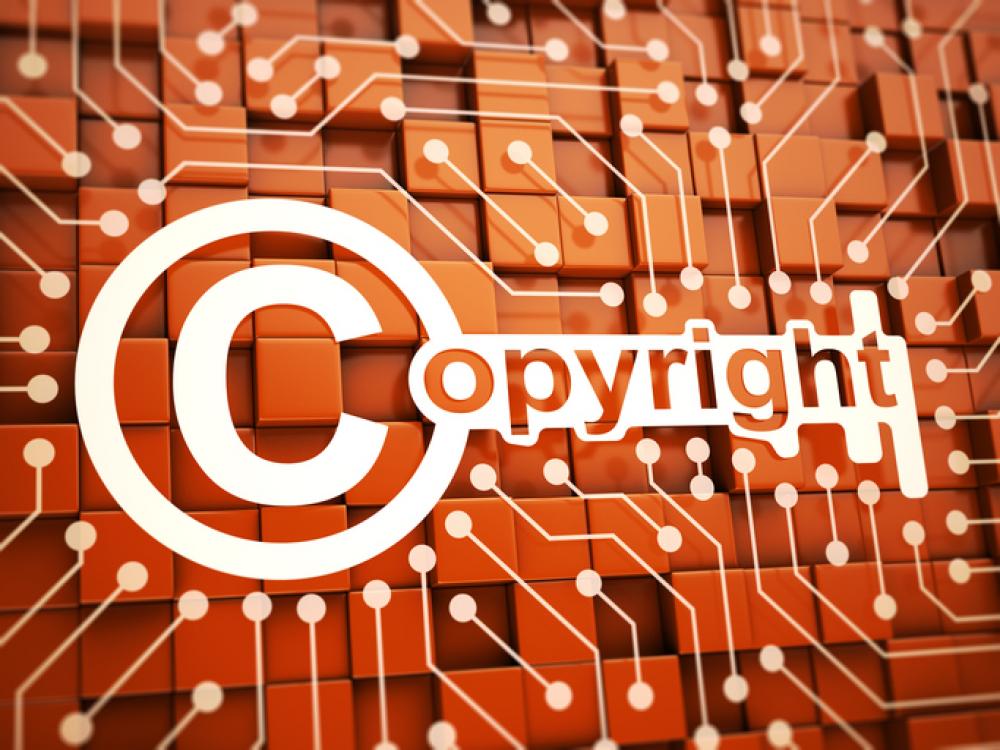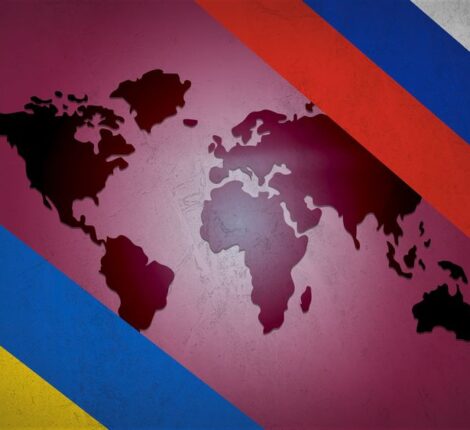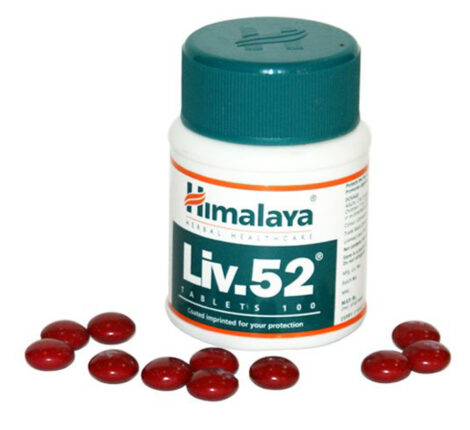THE DEBATE BETWEEN ‘COPYRIGHT’ AND ‘COPYRIGHTED ARTICLE’
The debate revolving the question of whether the payment that is made by an Indian resident to a non-resident for purchase of copyright software is royalty or not, is been one that has struck the Indian courts time and again. While there is one side of the argument that says that the payment falls under business profit, the other side of the argument says that there is a transfer of copyright and hence, it is to be considered as royalty.
While the theory states that in cases of sale of a copyrighted product, only the right to use the product is transferred and the copyright in the product is not. For example, when one buys a book, the incorporeal rights pertaining to copyrights aren’t transferred, i.e., the buyer has not acquired the permission to reproduce for their own commercial enrichment. Hence, in such cases, the payment made by the buyer when they had bought the book is not construed as royalty. Similarly, in the cases when one buys off the shelf software, the payment is not taken a royalty as they only have the right to use the software for personal purposes and cannot exploit it for their own commercial profits.
However, the debate has arisen between the taxpayers, which are the software companies, and the revenue authorities. It is the claim of the former that since the end user gets no rights to the copyright in the software, these payments received are merely a business income as, taking it outside the scope of tax liability in India in case of absence of a permanent establishment in India. Conversely, it is the argument of the revenue authorities that such purchases are essentially, a grant of license by software companies to the end users, making the payments royalties, making them liable to taxation under the Income Tax Act, 1961. This dichotomy of views has led to the discussion on the difference between ‘copyrighted article’ and ‘copyright’.
While the legal theory has a simple stance on the issue, stating that such payments and incomes fall under business incomes and not royalties, the precedent on the same is just as complicated as the debate. There are several judgments laid down in the past, which are divided in their opinions. While some favour the tax-payers, other are in favour of revenue authorities. Some of the key judgments have been discussed in the following paragraphs.
Copyrighted Article: Judgments in favour of Tax-Payers
The most important judgment that supported the viewpoint that the payments form a business income is the 2005 Supreme Court judgment laid down in Tata Consultancy Services v. State of Andhra Pradesh[1], wherein it was held that it is the originator of the program who retains the copyright over the computer software program. It was stated that the incorporeal rights embedded in the software in terms of copyrights are not transferred, and it is only a copy of the software that is sold.
Similarly, in case of Director of Income Tax v Ericsson A.B.[2], it was held that a distinction has to be made between the sale of a copyrighted article and acquisition of copyright rights in the article. It was further held that in order for the payment to come under royalty, it must be assured that via sale, the end user has also obtained either all of certain copyright rights in the article that is sold.
Another case is that of Motorola v DCIT[3], where it was straight away held by the Delhi Special Bench of ITAT, that the software that is bought will fall under copyrighted article and not a copyright, and hence, the payment so received by the tax-payer is not a royalty, but a business profit.
Further, it is also important to note that when it comes to the approach of Organisation for Economic Co-operation and Development (OECD), the distinction to be made between copyrighted article and copyrights in the article is upheld by the copyright laws of majority of the member nations. The OECD commentary recognises that whether the payment received in case of sale of computer software is royalty or not, will be determined by the rights that the end user has acquired consequent to the sale.
Copyright: Judgments in favour of Revenue
When it comes to the judgment in favour of revenue authorities, they rely majorly on three provisions.
- The Section 9 of Income Tax Act, 1961, which defines royalty as consideration received in transfer of all or any rights in respect of any copyright in a work. It must be noted that while license in software grants the right to use the same of the licensee, the copyright may or may not be transferred.
- The Section 14 of the Copyright Act, 1957 which provides the owner of the copyright the exclusive right to prevent others from, among others, reproducing the computer program in any material form and storing of it in any medium by electronic means.
- The Section 52 of the copyright Act, 1957, which excludes certain acts from copyright infringement, under sub clause (1) (aa), excludes “the making of copies or adaptation of a computer programme by the lawful possessor of a copy of such computer programme, from such copy-
- in order to utilise the computer programme for the purposes for which it was supplied; or
- to make back-up copies purely as a temporary protection against loss, destruction or damage in order only to utilise the computer programme for the purpose for which it was supplied“
On the basis of above provisions, in Commissioner of Income Tax v. Samsung Electronics[4], it was concluded by the Karnataka High Court that, the act of making copies of the software and using the same for internal business via making copies, storing the copies in hard disks, taking back up copies of the software would bring them under Section 14 of the Copyright Act as copyrighted work, which would have amounted to infringement if they had not been licensed. On that basis, it was concluded that sale of software is a transfer of copyright, and the payment so made is a royalty.
In the case of DDIT vs. Reliance Infocomm Ltd/Lucent Technologies[5], the Karnataka High Court held that in case of sale of software, even though exclusive rights in copyrights are not transferred, there are certain rights that are necessarily transferred to the end user in order to enable them to use the software. Without such transfer, the use would lead to an act of infringement. Hence, it held that sale of the software also includes the right to use the software along with transfer of certain copyrights in the same. This makes the payment so made a royalty.
The judgment laid down by the 3-Judge Bench of the Supreme Court consisting of Justice RF Nariman, Justice Hemant Gupta and Justice BR Gavai, in the case of Engineering Analysis Centre of Excellence v. The Commissioner of Income Tax[6] is the recent most addition to the list of precedents in the issue, clearing the confusion around the position of law.
Touching briefly upon the factual background, the case was a set of two appeals arising from judgments of Karnataka High Court and Delhi High Court respectively. The appellant in the case was an Indian resident, who worked as a reseller of shrink-wrapped computer software directly imported from a non-resident company. While he did not deduct tax in respect of the payments made to the company, the revenue was of the view that the transaction between the parties lead to transfer of copyright to the appellant and making the payment a royalty.
It was held by the Supreme Court that amount which the residents pay to the non-resident software companies for sale of the software is not to be construed as royalty for the copyright in the software, and the same is outside taxable income. On analysing the provisions of Section 52(1)(aa) of the Copyright Act, the court observed that acts as mentioned under the Section are merely statutory rights allowing the buyer of the software to carry out such acts for their convenience without attracting penalty for infringement . These are not copyrights licensed to the user. Sale of copyrighted software does not constitute the grant of an interest in copyright in the software.
The Supreme Court, via the judgment has cleared the air around the issue. The debate concerning difference between ‘copyrighted article’ and ‘copyright’ has been brewing around and causing confusions since a long time, and the judgment cogently and indisputably laid to rest the confusion. It is important to distinguish between sale of a copyrighted article and acquisition of copyright rights in the article. When buying a copyrighted product, such as a book, one only gets the right to use the same personally, in order to retain the copyrights to make profits out of it, there has to be a proper assignment or licensing of copyrights. It is only via assignment or licensing that copyrights in the copyrighted article, either all of them or any of them, are transferred to the buyer.
[1] (2005) 1 SCC 308
[2] (2012) 343 ITR 470
[3] 85 ITD 105
[4] [2010] 320 ITR 209 (Karn)
[5] 2013 (9) TMI 374 – ITAT MUMBAI
[6] 2021 SCC OnLine SC 159, decided on 02.03.2021




